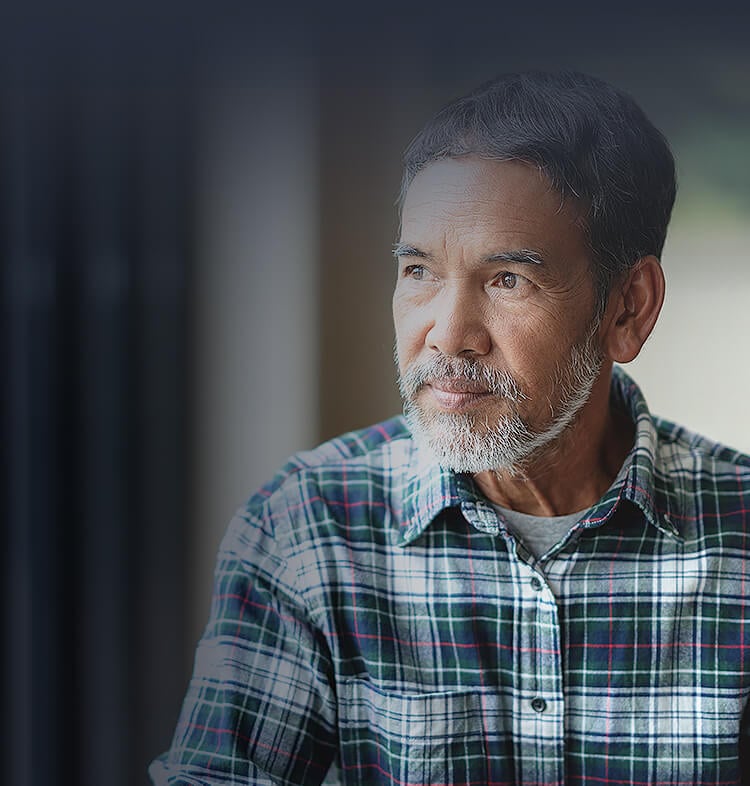How to Pass Kidney Stones
Stones cause trouble when they obstruct or block the ureter, the tube which drains urine from the kidney to the bladder. Pain can come and go, depending on the degree of obstruction. If the stone is sitting in the ureter without causing blockage, there may be little or no pain. However, if the stone turns even slightly, it may cause partial or complete blockage, which can cause gradual or sudden onset of severe pain.
The last segment of the ureter runs through the wall of the bladder. Stones frequently become stuck in this part of the ureter. If so, they can cause urinary symptoms, including frequency (the need to urinate more frequently than usual), urgency (the need to urinate as soon as the urge to go is felt), and postvoid fullness (the sense of the need to urinate further even after one has urinated). These symptoms mimic the symptoms of urinary tract infection. Patients may think they have a bladder infection, but most often these voiding symptoms are due to the stone. When stones are in the lower part of the ureter, they may also cause pain that is referred to the testicle or the tip of the penis in men or into the vaginal and urethral area in women.
When trying to pass a stone, patients should proceed as follows:
- Drink plenty of fluids to promote increased urinary flow which may help pass the stone.
- Be active. Patients are encouraged to be up and about walking which may help the stone pass.
- You may be given a pill that may help pass the stone. Evidence suggests that Flomax, a pill to dilate an obstructing prostate in men, may dilate the ureter and promote stone passage. Flomax is taken once daily and is safe to use in both men and women.
- When pain hits, take up to two pain pills every three hours as needed. You can also take two Tylenol every three hours or two Advil every six hours in addition to the pain pills. Taking the pain pills or Advil with food may lessen the potential for nausea.
- When pain hits, sitting in a tub of hot water or taking a hot shower may offer initial relief while waiting for the pain pills to take effect. A heating pad on the affected side may also help.
- At times, the pain can be so severe that the above measures will not provide relief. If that happens, or if there is vomiting and you are unable to keep down your pills, it is time to go to the emergency room for intravenous fluids and intravenous pain medications. We do not have intravenous fluid or pain medication available through the doctors or the office (due to narcotics laws). You do not need to call the doctor when pain becomes this severe. It is best to go directly to the emergency room promptly so they can get you comfortable, and the doctors there will contact us as needed.
- Please note that due to narcotic regulations, our office will only give prescriptions or call in prescription for pain pills during regular office hours. We will not call in prescriptions for any pain medication after hours or on weekends. If you sense you may not have enough pills to manage stone pain, you need to contact the office during regular hours for additional pills.
- Plan office follow-up to make sure the stone episode resolves.
Additional Information
Contact us to request an appointment or ask a question. We're here for you.




